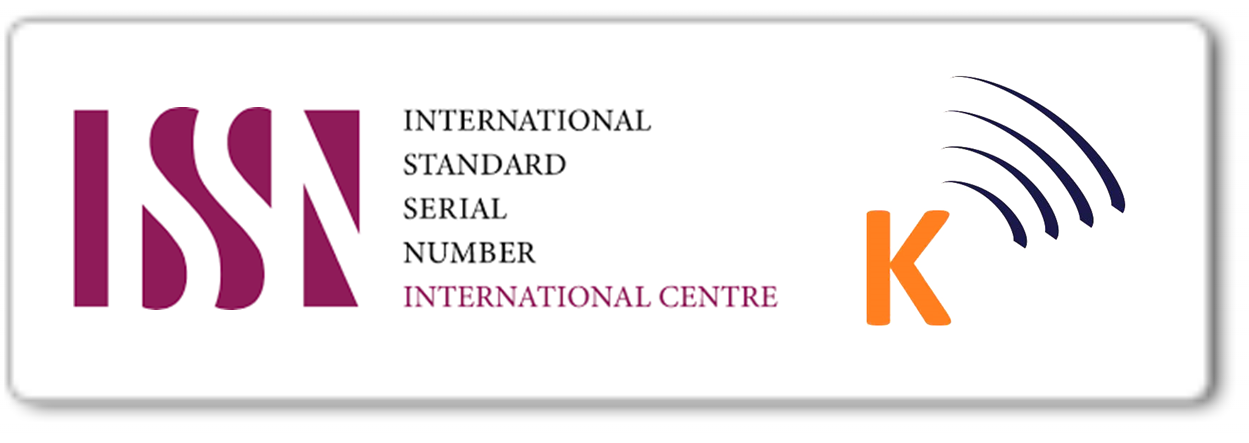COMMUNITY HEALTH EDUCATION THROUGH NON-FORMAL EDUCATION IN PAKISTAN
Keywords: health education trainings, lady health workers, non-formal education, pelatihan pendidikan kesehatan, pendidikan non-formal, perawatan kesehatan primer, petugas kesehatan wanita, primary health care
Abstract
Pendidikan kesehatan merupakan komponen integral dari pelayanan kesehatan primer. Petugas kesehatan wanita menyediakan berbagai layanan kesehatan kepada masyarakat di Pakistan. Mereka harus menyadari dan dilatih tentang aspek kuratif dan preventif pelayanan kesehatan primer. Ada kebutuhan mendesak untuk mendidik dan mengatur kesehatan pelatihan pendidikan untuk petugas kesehatan wanita. Jadi studi ini dirancang pada "pendidikan kesehatan masyarakat melalui pendidikan non-formal". Populasi dari penelitian ini adalah petugas kesehatan wanita, master trainer dan masyarakat. Tanggal dikumpulkan melalui lima titik skala Likert dan beberapa pertanyaan terbuka untuk petugas kesehatan wanita dan master trainer dan wawancara checklist untuk masyarakat. Hasil penelitian menunjukkan bahwa petugas kesehatan wanita tidak memiliki pengetahuan yang cukup tentang kesehatan dan penyakit umum. Ada cukup pelatihan in-service bagi petugas kesehatan wanita untuk meningkatkan keterampilan dan pengetahuan mereka untuk hasil yang lebih baik. Studi direkomendasikan bahwa selain program pelatihan yang ada, sesi kesehatan pelatihan harus diatur melalui videoconference / telekonferensi, kursus pelatihan online, media sosial, TV / program Radio FM, literatur terbaru, program CD yang direkam untuk petugas kesehatan wanita.
Health education is an integral component of primary health care services. Lady health workers provide a broad range of health services to the communities in Pakistan. They should be aware and trained about curative and preventive aspects of primary health care services. There is an urgent need to educate and organize health educational trainings for Lady Health Workers. So this study was designed on “community health education through Non-formal educationâ€. The population of this study was lady health workers, master trainers and community people. Date was collected through five point Likert scale and some open-ended questions for lady health workers and master trainers and interview checklist for community people. Results showed that the lady health workers do not have sufficient knowledge about health and common diseases. There are insufficient in-service trainings for lady health workers to enhance their skill and knowledge for better outcomes. Study recommended that in addition to existing training program, training health sessions should be arranged through videoconferencing/ teleconferencing, online training courses, social media, TV/ FM Radio programs, latest literature, CD recorded programs for lady health workers.
Downloads
References
Funes, R. (2012). Preparing the next generation of community health workers: The power of technology for training. Cork, Ireland: iHeed Institute.
Haq, Z., & Hafeez, A. (2009). Knowledge and communication needs assessment of community health workers in a developing country. Islamabad.
iHeed Institute. (2013). Revolutionizing global health education and training. Cork, Ireland: iHeed Institute.
JHPIEGO. (2003). Focus on community-based health volunteers in selected areas. Nepal.
Joynes, C. (2011). Distance learning for health. London: London.
National Program Report. (2011). Family planning and primary health care Pakistan., Islamabad: MOH.
Pathfinder International. (2011). Integrating family planning and HIV. An water town, MA: Pathfinder International.
USAID. (2004). Integrating HIV services in local family planning. Washington: USAID.
USAID. (2006). Village health works innovations. United States: USAID.
Walt, G. (1989). Are large-scale volunteer community health worker programs feasible? Sri Lanka.
WHO. (2010). Project helping hand. Cambodia: University of Puthisastra.
WHO. (2014). Pakistan, Health systems strengthening. WHO.
Zahid, M. (2002). Curriculum for trainers of national program for family planning &primary health care. Islamabad: Ministry of Health.







